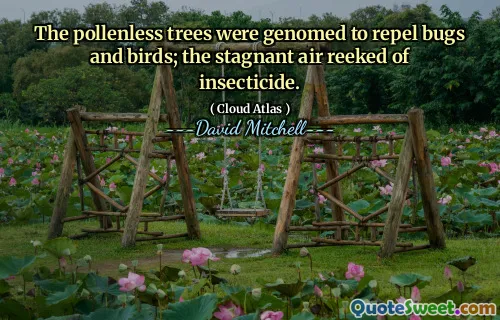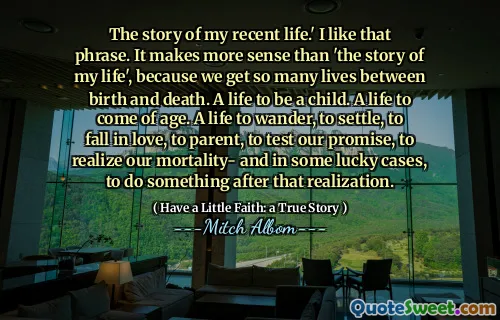
The day is not far off when we will be able to send a robotically controlled genome - sequencing unit in a probe to other planets to read the DNA sequence of any alien microbe life that may be there.
Craig Venter’s quote captures a profound intersection of space exploration, robotics, and genomic science that promises to revolutionize our understanding of life beyond Earth. The notion of a robotically controlled genome-sequencing unit deployed to other planets embodies the futuristic vision where advanced technology extends the reach of scientific inquiry beyond terrestrial limits. This speaks not only to the incredible strides made in gene sequencing technology but also illustrates the spirit of exploration that drives humanity to seek answers to the fundamental question: Are we alone in the universe? The integration of autonomous probes capable of analyzing extraterrestrial organisms’ DNA in situ would mark a monumental leap in astrobiology. It implies a proactive approach to detecting life, focusing on microscopic life forms that are most likely to exist under harsh planetary conditions. Moreover, the quote reflects optimism and hope, suggesting that the technological timeline to achieve such capabilities is nearly within grasp. The success of such missions would deepen our understanding of the origins and diversity of life, potentially revealing novel genetic codes or biological processes that challenge our Earth-based framework of biology. It also provokes philosophical considerations about our responsibility as explorers and scientists in interpreting and interacting with alien life forms. This vision underlines the synergy between varied scientific disciplines—robotics, genetics, space science—and emphasizes how interdisciplinary innovation can open new frontiers. Venter's insight is a reminder of the incredible possibilities on the horizon that could redefine biology, technology, and humanity's place in the cosmos.











